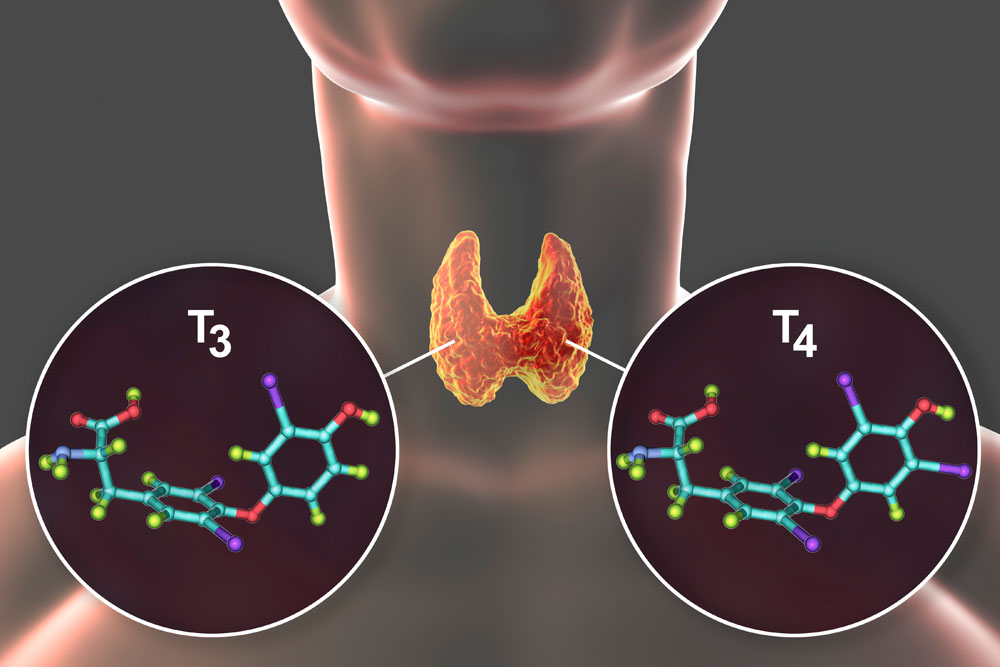Meet Your Adrenal Glands
Adrenals are called so because they are small glands sitting atop our kidneys (renal in Latin means pertaining to kidneys). They are small endocrine glands belonging to HPA-Axis that perform some very important functions in your body.
HPA-Axis stands for Hypothalamic-Pituitary-Adrenal Axis and is a beautifully intricate and sophisticated system of the human body. It is our body’s main responder to stress and how we process the world around us. Under normal circumstances, our body effectively deals with stress by adjusting hormone levels (most notably, cortisol), which rapidly returns to normal once the perceived threat/stressor is over.
We possess survival mechanisms that are designed to adopt in this way to any and all stressors imaginable. A testament to the miraculous nature of the human body! Problems start when our stress is ongoing and chronic.
The adrenal gland produces several main hormones:
1. Cortisol
- A steroid hormone called “fight or flight hormone”
- Produced by our adrenal glands and in small amounts in other tissues
- It helps our body respond to stress and inflammation
- Cortisol is released into the blood in a diurnal rhythm, meaning that it is the highest in the morning, about 30-60 min after we wake up, and then slowly tapers down, normally becoming its lowest at bedtime to allow for restful sleep
- A high level of it gives us energy in the morning, and a low level in the evening allows up to fall and stay asleep
- Increases blood sugar levels
- Increases blood pressure
- Regulates metabolism
- Influences memory formation
- Controls salt and water balance
2. DHEA
DHEA – is a hormone made mostly by the adrenal gland but also a little bit in the skin and brain
- Precursor hormone for the production of testosterone and estrogen
- Its production declines with age starting in the late 20s
- Stress may also impact your DHEA levels
- Increases lean body mass and muscle strength
- Activates immune function
- Improves sleep
- Increases feeling of wellness
- Decreases joint soreness
- Increases insulin sensitivity
- Decreases triglycerides
- Decreases risk of cardiovascular disease
- Elevates growth hormone levels
- Has a positive effect on memory
- In women, improves sexual satisfaction
Aldosterone and adrenaline are also hormones produced in the adrenal gland.
All the hormones in our bodies are designed to work together— in concert. If one is altered or deficient, it may impact the function of any or all the other hormones. Adrenal hormones are no exception and they exert a powerful effect on all other hormones.
Prolonged stress can both predispose patients to and precipitate hormonal imbalances. Stress may also increase symptoms for patients with existing hormone imbalances. This “oversized” influence of adrenal hormones is the reason that, when treating hormone imbalances, there is a functional medicine “rule” that suggests to start with the adrenals.
In functional medicine, evaluation of stress and stress management strategies offer a low-harm, high-benefit intervention that can assist with downstream thyroid and sex hormone production, transport, and processing. The hormone production pathways are extremely complex and modulated by many factors, of which stress is just one example.









